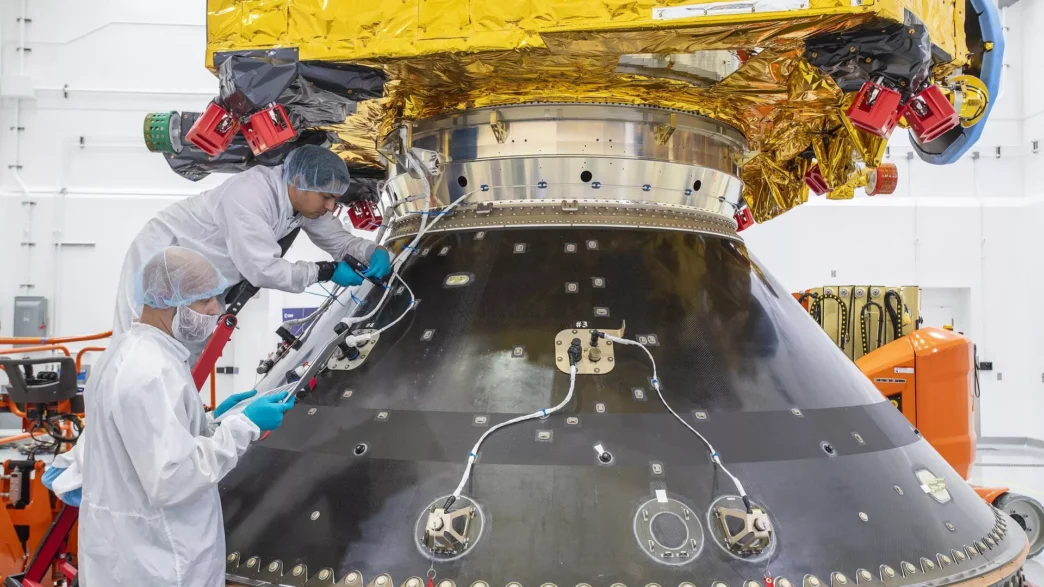Companies traditionally focused on defense are increasingly venturing into the space sector. While space and defense have always been interlinked, the emphasis has predominantly been on civilian applications rather than military capabilities. However, this focus is now shifting. Historically, many leading European space companies originated as offshoots of defense firms or were integrated into defense corporate structures. This trend was declining until the early 2020s, but it has seen a resurgence since mid-2022. A growing number of defense companies are now engaging in space activities, either by expanding existing operations or exploring new strategic opportunities.
The return of conflict to Europe, the rise of antisatellite threats, and the increasing militarization of space by global powers necessitate considering space as a crucial component of strategic autonomy. Many European Union member states are currently pursuing separate national plans, resulting in fragmentation and a lack of coordination. A more cohesive European approach is needed, focusing on programs designed, funded, and governed at the EU level.
Europe currently invests a mere 0.07% of its GDP, approximately €14 billion annually, in space activities. There is a gradual shift towards security and military functions, yet a significant capability gap remains. Investment required to maximize the potential value of space is estimated to be between 0.15% and 0.25% of European GDP by 2040. Compared to global competitors like China, the United States, India, and Japan, Europe’s defense investment in space is minimal.
Despite this, Europe possesses the capability, with some of the best space engineers and scientists, as well as world-class companies. Presently, only 15% of Europe’s public space budgets are allocated to military activities, significantly below the global average of 50%. Several European nations, including Austria, France, Italy, Luxembourg, and Sweden, have developed military strategies for the space domain. However, Europe remains slow in developing and deploying its own capabilities.
The European Union is urged to act on multiple fronts: pooling resources through common European programs, establishing a genuine European procurement capacity in space, and fully integrating space into a long-term industrial strategy on par with semiconductors, energy, or artificial intelligence. There is a need for political vision, unity, and continuity in these efforts.
The European Space Agency (ESA) chief emphasizes the necessity for a budget increase. An opportunity for this arises at the upcoming ESA Ministerial Conference, a critical moment for Europe to commit to increased investments in space to enhance its participation in international space activities. During the last ministerial meeting in Paris in 2022, member states raised the ESA budget by 17%, reaching a record €16.9 billion. By November 2025, ESA ministers are expected to increase it to around €21 billion during their meeting in Bremen, Germany.
The Evolving Landscape
The changing focus towards military space capabilities in Europe suggests a significant shift in strategic priorities. For ordinary citizens, this evolution could influence various aspects of daily life, such as national security, technological advancements, and economic growth. Increased investment in space could foster innovations that trickle down to consumer technologies, enhancing communication, navigation, and data services.
For the defense industry, this shift represents a substantial opportunity to expand into new markets and develop cutting-edge technologies. As Europe seeks to close its capability gap, defense companies might experience increased demand for their expertise and products, potentially leading to job creation and economic benefits. Furthermore, a coordinated European approach could enhance the continent’s geopolitical standing, providing a unified front in the global space arena.














